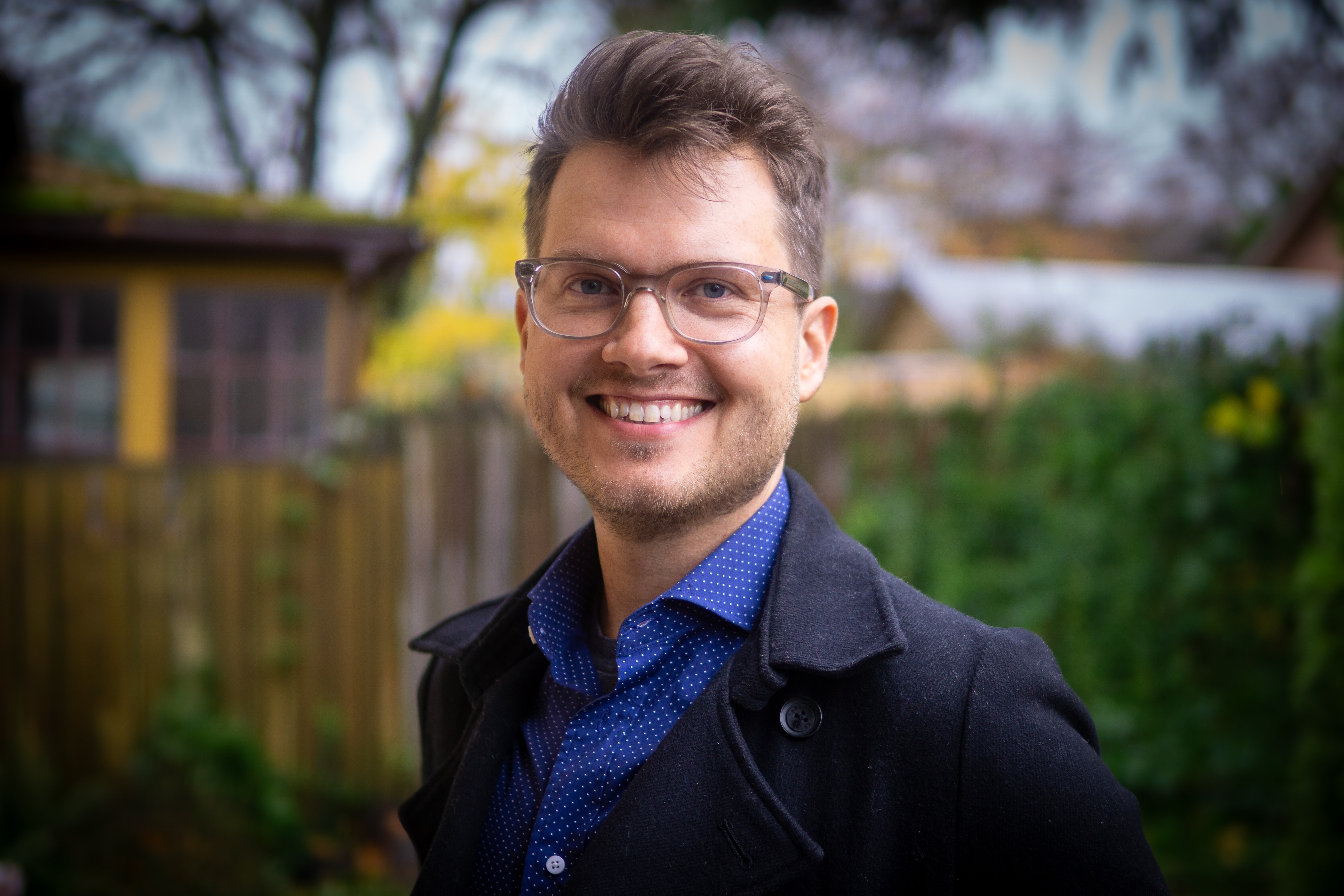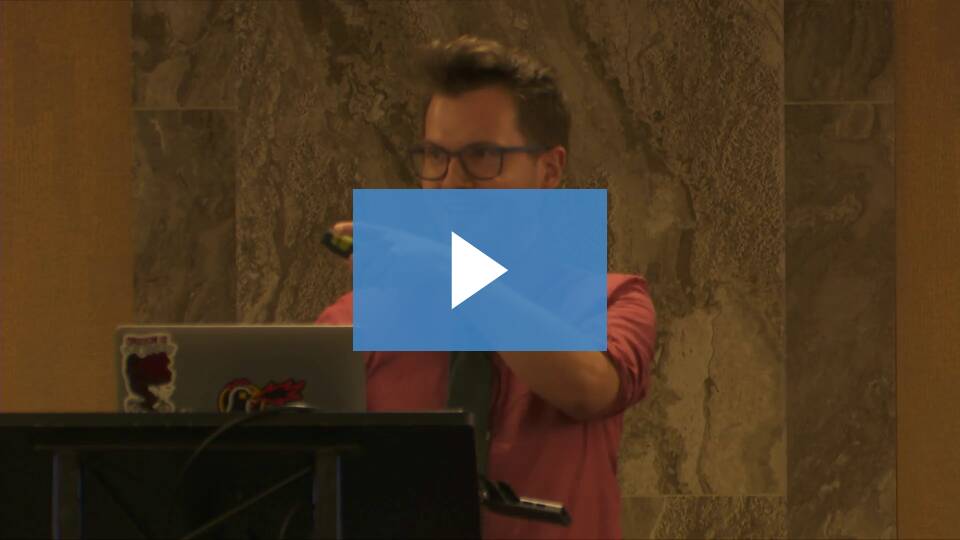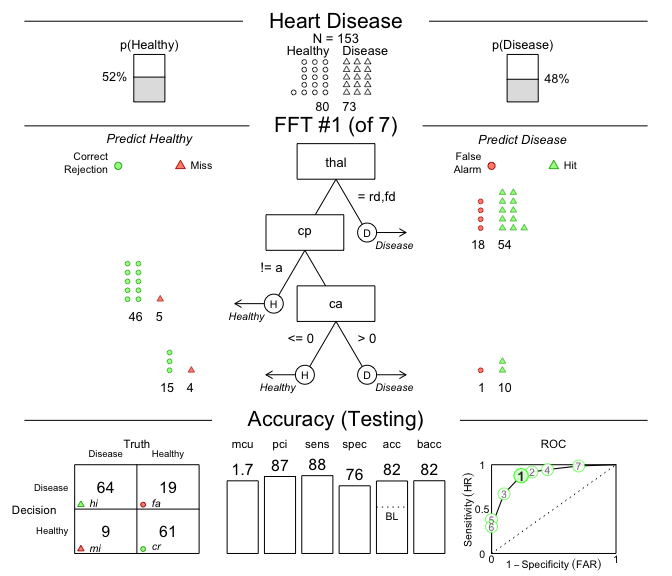About Me

My core beliefs
The longer I live as a human, the more I recognize how important it is to have a set of core beliefs that you can fall back on when you’re struggling to make a decision – or alternatively, that you can start every situation with as a foundational framework. I’ve fallen for the trap, too many times, of thinking a difficult new situation calls for a “clean slate” approach. Even worse, at times when I feel particularly confident, I go in like an uncaged bull thinking I already know the solution and fail to adapt to to the particular needs of the people and environment at hand.
Rather than taking one of these two extremes, I’m finding it far more effective to take a third route: Start with a set of core beliefs, then ask questions and gather information. Let the right approach evolve naturally until the correct decision becomes obvious.
Distilling my rolling journey of ideas, lessons, and intentions into a set of core beliefs is an exercise I’ve tried many times, but never seemed to keep track of. Let me try again here.
Belief 1: Have a Growth Mindset
I believe in having a growth mindset. I see a growth mindset as an ironclad trust that every problem has an idea that will solve it and that you can discover through curiosity, collaboration, and hard work.
Belief 2: Decide with Heuristics
I believe in making decisions using heuristics. I fell in love with the heuristic decision making philosophy of Gerd Gigerenzer during my PhD, and I have carried this philosophy with me throughout my personal and professional life. I would describe this philosphy as: Success comes not from having perfect information, but from making risky decisions based on the best information available, while always being prepared to change course if we discover something new.
Belief 3: Prioritize Transparency
I believe in transparency. Both in science and in life. For science, this belief has caused me to be a staunch advocate for open-source tools like R and open-science1 methods.
Belief 4: Create Opportunities for Flow
I believe that the state of flow is the closest things humans have to a super-power. In periods of flow I have created things that I am immensely proud of (like FFTrees). By contrast, in periods of distraction, I feel so inept that I question my brain function.
My education journey
Ever since I was 8 years old, I loved mathematics. One of my favorite things to do with my father was to go to a used bookstore and find the oldest looking math books I can find and flip through them, dreaming that one day I’d actually understand them. In 2005, after 4 years of long evenings and intense study sessions, I obtained a Bachelors degree in Mathematics from Grinnell College in Grinnell, Iowa with a focus on probability and statistics. Earning this degree continues to be one of my greatest sources of pride.
I then earned a Masters degree in Psychology with a focus on quantitative methods from Ohio University in Athens, Ohio. I completed my PhD in Psychology with a focus on quantitative models of human judgment and decision making from the University of Basel in Basel Switzerland. Note: My PhD research was jointly conducted at the Max Planck Institute for Human Development in Berlin, Germany.
My experience and skills
I have over 10 years of experience across academia and industry, from large corporations to small start-ups, as a research scientist, statistical software developer, people manager, team lead, chief technology officer, and co-founder. None of these roles has been a perfect fit, but I can geniuinely say that I have learned something new about myself and the world in each one.
While I have spent most of my career creating technical solutions, I use my background in the psychology of decision making to ensure that every solution I design, and every presentation I deliver, is practical, engaging and has a high likelihood of actually being put into practice by decision makers. I have gotten much better at impacting people over time, not because I’m a natural, but because I haven’t been afraid to make mistakes and learn from them.
At a personal level, I gain sincere joy from seeing users enjoy using a tool I’ve designed. I gain even more joy helping a junior team member accomplish more than they thought they could. As it may come as no surprise, I aim to be source of contagious enthusiasm and create a legacy at every organization I’m a part of.
See my Resume page or LinkedIn for a detailed list of my professional experience.
My presentations, publications and open source projects
I have a handful of publications in peer-reviewed journals. See Google Scholar for a complete list. They are mostly in experimental or cognitive psychology journals. I note that none of my publications are very recent (my latest paper was published in 2018) as I have not worked on academic projects in quite a while.

Below is a list of all the presentations I’ve given that are available online (at least as far as I know):
- FFTrees: An R package to create, visualise and use fast and frugal decision trees, useR!, 2017
- Using R to Derive Robust Insights from Real-World Health Care Data, R/Pharma, 2022
- FlatironKitchen: How we overhauled a Frankensteinian SQL workflow with the Tidyverse, RStudio Conf, 2019

The output created by the FFTrees decision making algorithm and accompanying R package.
I have built and maintained dozens of open-source data science packages packages and instructional materials over the years. Most, but not all of my projects are available at https://github.com/ndphillips.
All are built using the R programming language which I’ve developed quite some expertise in. Well, that is a bit of an understatement as over the course of almost 15 years, I used and loved R almost to the point of obsession.
Here are the 3 most popular open source projects I’ve developed:
FFTrees. The R package FFTrees creates, visualizes and evaluates fast-and-frugal decision trees (FFTs) for solving binary classification tasks, using the algorithms and methods described in Phillips, Neth, Woike & Gaissmaier.
yarrr. The yarrr package is a collection of tools for teaching introductory statistics and data science with R. It focuses on making complex statistical concepts accessible to beginners and includes a suite of functions for data visualization and statistical testing.
The Pirate’s Guide to R is a book that teaches R programming to beginners. It is designed to be accessible to people with no prior programming experience and is used in introductory statistics courses at universities around the world. Be warned – its writing style reflects the good (and bad) of a 25-ish year old grad student.
My healthcare data science work
Coming Soon
My teaching
Coming Soon: Memories and links from years of teaching at universities in the US, Switzerland, and Germany.
Footnotes
See the Center for Open Science website and watch it’s YouTube video “The Open Research Lifecycle” to learn more↩︎